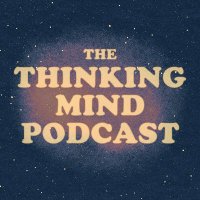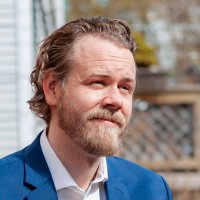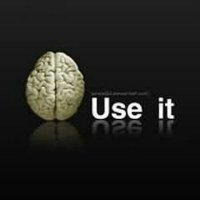
The Thinking Mind Podcast: Psychiatry & Therapy
@thinkingmindpod
A London Based Podcast created by training psychiatrists providing the general public access to more nuanced conversations around mental health.
ID: 1163866940600926215
https://www.youtube.com/channel/UCXICdf_UQ8EtteDVOem0LUw?sub_confirmation=1 20-08-2019 17:34:45
1,1K Tweet
1,1K Takipçi
2,2K Takip Edilen

Excellent article by neurologist Suzanne Sullivan on our medicalising culture and how escalating diagnosis (depression, ADHD, autism) is harmful and preventing recovery. 'We are becoming victims of too much medicine and it is time to turn back the dial.' theguardian.com/society/2025/m…




Awais Aftab Well, that's fair enough. But as much as "being good in a podcast" is concerned, allow me to say that I listened to your podcast on The Thinking Mind Podcast: Psychiatry & Therapy and I have to say it was good, I enjoyed it. You might say being host is different which is true, but we also know that spreading






New podcast episode out now! A special episode chatting with Randy Nesse about his journey building evolutionary medicine and psychiatry, and where we are going. Stories from the father of the field which will be fascinating to many! (also on Spotify etc.)youtu.be/VG1vSc3vjlg






Was super fun going on Adam Lane Smith | The Attachment Specialist's youtube channel to talk all about the behaviour change and how we can use behaviour change to fix attachment patterns! youtube.com/watch?v=_Dd6GA…






